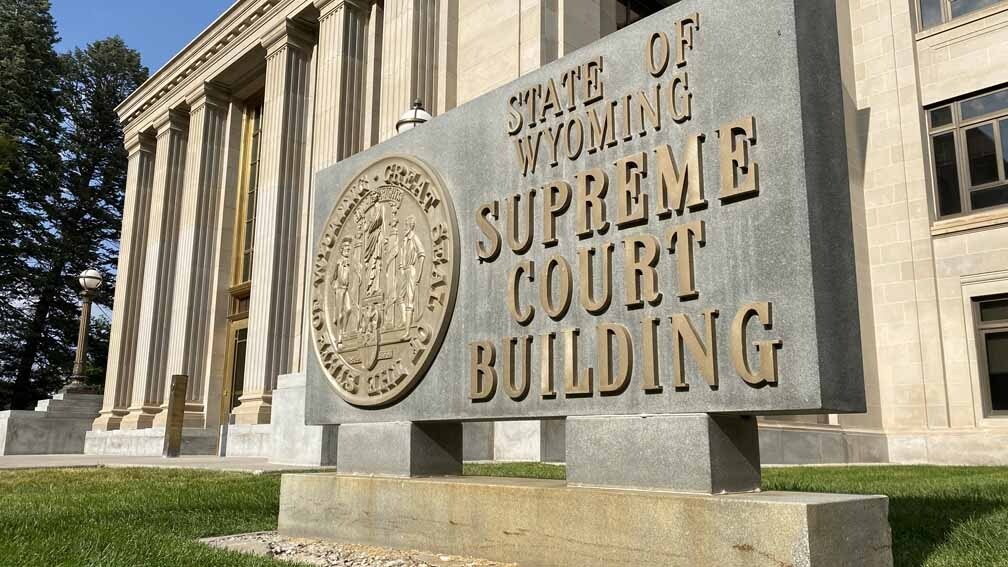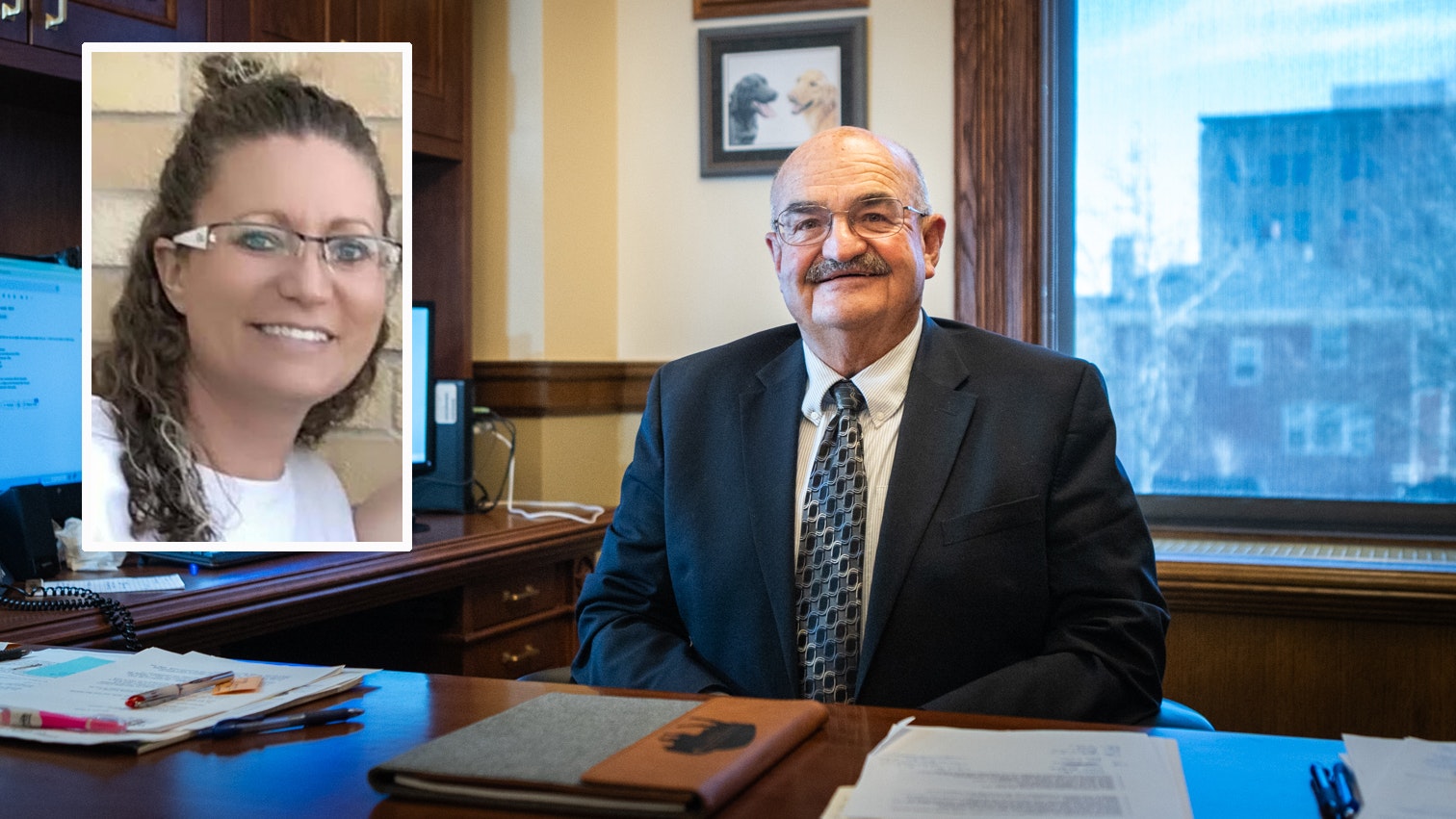Wyoming’s Supreme Court has cleared the way for an investigation by the state’s attorney general into a debt resolution company registered in Wyoming accused of taking money from its clients and taking no action on their behalf.
Justices unanimously rejected arguments by WyoLaw LLC that the attorney general has no authority to investigate claims against it filed by residents of other states.
“Nothing in the (Wyoming Consumer Protection) Act’s plain language limits the attorney general’s investigative reach to complaints originating in Wyoming, and we will not read such a restriction into the statute,” said a court opinion written by Chief Justice Michael Davis.
WyoLaw advertises itself on its website as a federally designated “debt relief agency” and private law firm. It is a registered Wyoming company.
According to the ruling, the attorney general’s office received four formal complaints and three other letters and emails from people who had contracted with WyoLaw for help in settling their debts. The company is also the subject of more than 80 complaints to the Better Business Bureau.
The complaints alleged that after people seeking help with their debt began making monthly payments to WyoLaw and stopped paying creditors on the advice of WyoLaw, the company took little action on their behalf.
“Over the span of several months, consumers’ finances worsen and creditors escalate collection efforts,” the ruling said, quoting an affidavit from an investigator for the attorney general’s office. “Months into the program, upon attempting to contact WyoLaw about these problems, consumers are unable to speak with any attorneys about their case. In many cases, clients discover the firm has performed little to no work in contacting their creditors or negotiating or settling their enrolled debts.”
In two cases, the affidavit said, two of WyoLaw’s customers were sued by their creditors and had to represent themselves with no help from WyoLaw.
The attorney general’s office launched an investigation under the Wyoming Consumer Protection Act and subpoenaed documents from WyoLaw.
But WyoLaw argued it did not have to respond to the subpoena because Wyoming’s attorney general cannot investigate complaints coming from outside of the state and asked a state district court to set aside the subpoena.
The district court refused the request and justices agreed with its decision.
“By its plain terms, the WCPA does not restrict the attorney general from investigating complaints that originate outside Wyoming or from using those complaints as probable cause to support na investigative subpoena,” the ruling said.
WyoLaw also said it does not do enough business within the state to be subject to an investigation by its attorney general, but the opinion pointed to many connections between the business and the state in upholding the attorney general’s actions.
“WyoLaw has numerous ties to Wyoming,” it said. “It is a Wyoming entity, organized … by a person who was a Wyoming lawyer at the time. Its … annual report … indicated that its principal office was located in Casper, Wyoming with a mailing address there. Its client retainer agreement lists a Casper address on the first page …”
The company also claimed it is protected from investigation under the Wyoming Consumer Protection Act because it is a law firm.
But justices pointed to the company’s own promotional material and agreements with clients in noting the business does not seem to operate as a law firm.
“At the outset, we note that it is not clear from the record that WyoLaw is a law firm as opposed to a debt resolution entity,” the ruling said. “The record before us does not establish that WyoLaw operates as a law firm, but even if it did, the WCPA does not exempt its operations from coverage under the act.”





